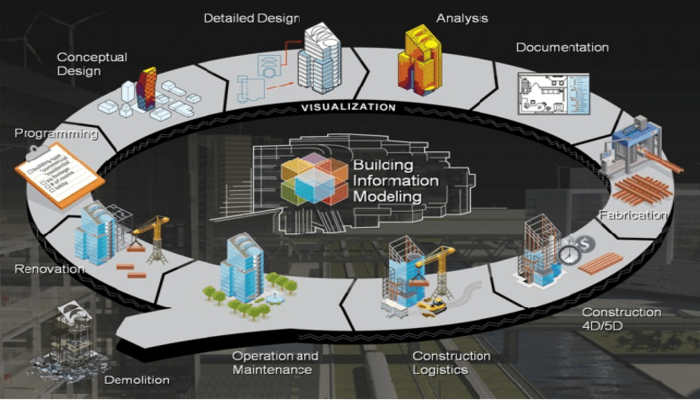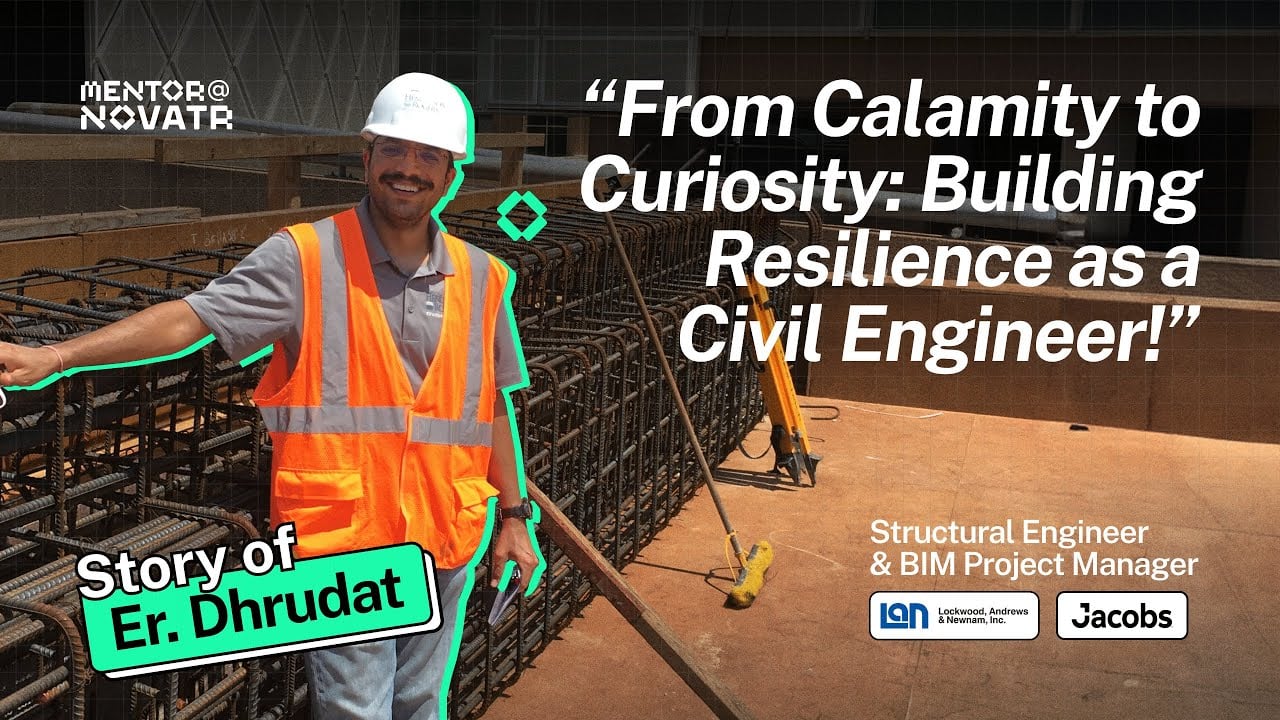
If you’ve ever asked, “What does a construction project engineer do?” you’re not alone. As global construction output is projected to hit USD 16.11 trillion by 2030 (with a 5.5% CAGR from 2026), the demand for engineers is surging.
Another forecast cites USD 15.5 trillion, with China, the US, and India driving 57% of growth. With USD 2.5 billion allocated by the US Department of Energy for clean energy construction in 2026, sustainability is reshaping projects. Meanwhile, the rise of BIM, AI, and cloud-based tools is transforming coordination and execution.
Today’s project engineers need both on-site expertise and digital fluency. To help you prepare, we’ve compiled the top 10 construction project engineer interview questions with strategic answers.
Understanding the Role: What Is a Construction Project Engineer?
A Construction Project Engineer is the technical backbone of the construction site, bridging the gap between architectural design, planning, and on-ground execution. They are responsible for managing timelines, coordinating teams, ensuring quality control, and adhering to safety and regulatory standards.
Key Duties of Construction Project Engineer:
-
Reading and interpreting construction blueprints and design drawings
-
Managing procurement and scheduling using tools like Primavera P6, MS Project, or BIM 360
-
Liaising with consultants, vendors, and contractors
-
Supervising site activities and conducting quality checks
-
Maintaining project documentation and daily progress reports
Top Skills for Construction Project Engineers:
-
Strong foundation in civil engineering principles
-
Familiarity with BIM tools and planning software
-
Communication, problem-solving, and team leadership
-
Understanding of ISO 19650, safety protocols, and LOD frameworks
Whether you're preparing for a job switch or applying to your first role, these interview questions for construction project engineers will help you highlight your skills with confidence.
Most-Asked Construction Project Engineer Interview Questions and Answers

Prepare Smart, Build Strong: These are the top interview questions for construction engineers covering background, technical know-how, and future aspirations to help you ace your next role.
Background and Experience
1. Can you walk us through your academic and work experience?
Approach:
Post your background in civil engineering, including experience, civil engineering qualifications, certifications (if any), and experience. Experience in BIM or planning exposure, where it exists.
Sample Answer:
I had my B. Tech in Civil Engineering and worked in an internship in one of the real estate firms as a shadow of the older engineer through the different stages of excavation, RCC and finishing. Upon completing my degree, I was employed at XYZ Infra, where I scheduled the construction using MS Project and coordinated subcontractor coordination of projects.
2. What types of projects have you worked on, and what were your responsibilities?
Approach:
Give names of particular types of projects (commercial, residential, highway, metro and so on), your work on them, and any interesting challenges you figured out.
Sample Answer:
I have been involved in a 12-storey commercial complex and a township road. In both situations, I dealt with reporting, inspection of reinforcement designs, and daily prompt project implementation. I liaised with the MEP team and, more so, the structural consultants to help them pick up any layout incompatibilities.
Technical and Software Knowledge
3. What construction software and tools are you proficient in?
Approach:
Consider tools such as AutoCAD, Primavera, MS Project, Revit, or BIM 360. Bring up real use cases.
Sample Answer:
I am skilled at MS projects and AutoCAD. I employed the MS Project to develop a Gantt chart and allocate resources. My quantity checks involve using an Excel template combined with BOQs. I am also testing Revit in terms of BIM-based coordination.
4. What’s your understanding of BIM in relation to construction project engineering?
Approach:
Tie BIM to site-level coordination and early clash detection.
Sample Answer:
Though I work on-site, I’ve used BIM models during coordination meetings. BIM helps visualize MEP and structural clashes ahead of execution, reducing rework. Tools like Navisworks have been helpful for clash detection reviews.
Planning, Coordination, and Execution
5. How do you coordinate between multiple stakeholders like consultants, vendors, and contractors?
Approach:
Explain how you track discussions, manage RFIs, and align execution with design.
Sample Answer:
I use a shared tracker to track the status of the issues and provide follow-up actions after each meeting. RFIs are all documented, and their responses are verified before the commencement of the work. This will prevent confusion and delays.
6. Can you explain the importance of a BOQ in construction projects?
Approach:
Mention its role in planning, budgeting, and monitoring.
Sample Answer:
BOQ assists in determining requirements and estimating the cost of materials and projects. I mention it at the billing time and use this when cross-checking the material consumption with the DPRs (Daily Progress Reports). It aids in the curbing of waste and monitoring of cost increases.
Future Goals and Aspirations
7. Where do you see yourself five years from now in the construction industry?
Approach:
Show long-term growth vision and technology integration.
Sample Answer:
I aim to grow into a senior project planning or site coordination role, possibly leading a team. I also want to deepen my knowledge of digital construction tools like drone surveying and digital twin-based project tracking.
8. How do you stay updated with the latest construction standards and methods?
Approach:
Talk about platforms, courses, and certifications.
Sample Answer:
I follow Construction World and ENR for trends and attend webinars by RICS and ASCE. I recently took an online course in Primavera planning and am exploring a PMP certification next.
Construction Project Engineer Salary Trends in the U.S.

Just like the job role, compensation for project engineers varies based on experience, specialization, and location. Entry-level professionals working on-site or in field engineering roles also see salary growth as they gain exposure to planning and BIM tools.
Average Entry Level Construction Project Engineer Salary:
-
Entry-Level (0–1 years): $56,000 – $81,000/year
-
Mid-Level (1–3 years): $61,000 – $90,000/year
-
Senior-Level (6+ years): $92,000 – $100,000+/year
With certifications like Project Management Professional (PMP) or knowledge of construction project engineer interview questions and answers, you can quickly advance your career.
Conclusion
Whether you're applying for your first job or aiming for a career leap, mastering construction project engineer interview questions is essential. As the industry evolves with digital tools and smarter workflows, so should your skills. Understanding what is a construction project engineer, preparing for interviews, and learning the top skills for construction project engineers can give you a real edge.
To future-proof your career, consider Novatr’s Building Information Modeling (BIM) Professional Course for Civil Engineers, which covers Revit, Navisworks, and MS Project with real-world applications.
Visit the Novatr and our resource page to craft a standout resume or explore certifications and salary trends.
Was this content helpful to you



.jpg)





.jpg)
